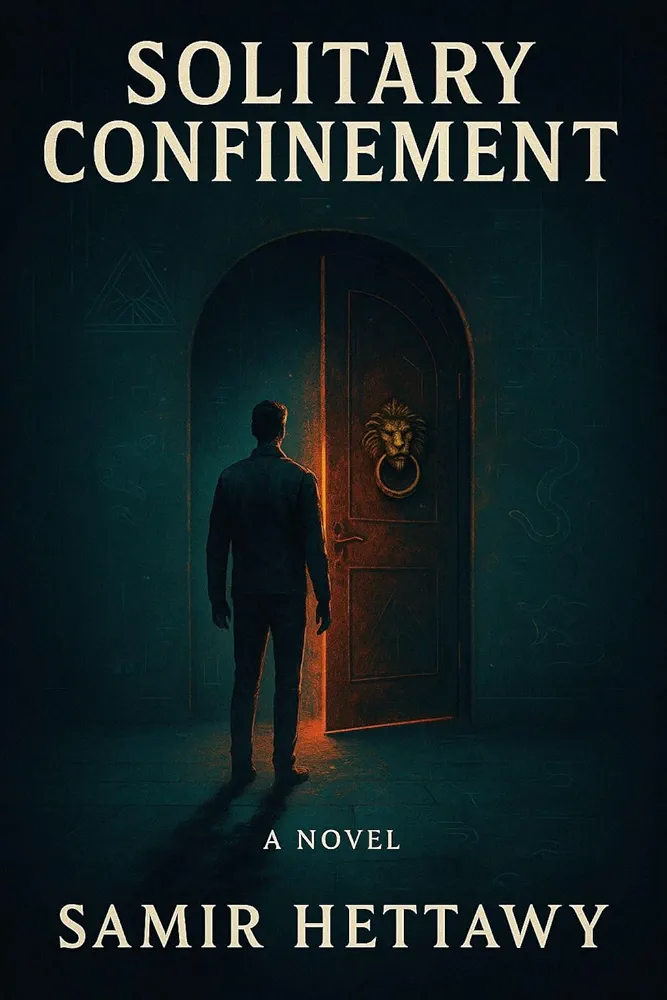
The Philosophy of Pain: Why Does Pain Matter?
Have you ever wondered about the meaning of pain in our lives? Is it merely a negative feeling to be avoided, or does it carry deep lessons and profound significance? In this article, we explore the philosophy of pain from intellectual, spiritual, and human perspectives, revealing how pain is not just a part of life—but perhaps one of its most meaningful keys.
Beyond the Surface: What Is Pain?
Pain is not merely a physical or psychological sensation—it is a complex phenomenon where biological, existential, and moral dimensions intersect. It is the experience that reveals our limits, confronts us with our vulnerability, and forces us to reconsider ourselves and the world around us.
Pain as a Catalyst for Growth
In the philosophy of life, pain is often seen as a catalyst for reflection and transformation. Without pain, we may remain stuck in routine, blind to flaws, and unaware of the need for change. As the saying goes, “What doesn’t kill me makes me stronger”—pain can be a driving force for inner maturity and personal growth.
The Search for Meaning in Suffering
A person can only endure pain if they find meaning in it. Many stories are told of individuals who endured extreme suffering by discovering a spiritual or philosophical purpose behind their experience. Here, suffering is not meaningless, but a gateway to deeper understanding of freedom and human dignity.
Pain as a Contrast: The Hidden Blessing
Although pain is instinctively rejected, its absence would rob us of the ability to appreciate blessings. Without it, we wouldn’t grasp the joy of comfort or the value of health. Pain provides contrast—“By their opposites things are made clear”—without darkness, there is no light; without sorrow, there is no appreciation of ease.
Divine Justice and the Suffering of the Innocent
One of the oldest existential questions is: why do the innocent suffer? From an Islamic perspective, the answer comes through the door of faith. The believer sees that everything that befalls them is ultimately for their good, as expressed in the hadith: “Wondrous is the affair of the believer, for there is good for him in every matter—and this is not the case with anyone except the believer. If something good happens to him, he is thankful, and that is good for him. If something bad befalls him, he is patient, and that is good for him.” [Narrated by Muslim] Another hadith says: “No fatigue, nor disease, nor sorrow, nor sadness, nor hurt, nor distress befalls a Muslim, not even the prick of a thorn, but Allah expiates some of his sins for it.” [Agreed upon] Through this lens, pain is not a punishment, but a path to purification and spiritual elevation.
Living with Pain: A Philosophical Response
Acceptance: Not as surrender, but as recognition of an inescapable part of existence. Contemplation: Viewing pain as an opportunity for self and existential understanding. Transformation: Turning pain into a motivation for creativity, compassion, and reconciliation with life.
Pain as the Beginning, Not the End
Pain is not always the enemy. It is a harsh but honest teacher, revealing what comfort often hides. Within pain lie life’s deepest questions, and in facing it, true human strength is unveiled. The philosophy of pain reminds us that suffering is not an end, but a beginning—of new meaning, higher awareness, and perhaps, a more truthful life. For in the depths of pain, we often find the seeds of growth. After all—no pain, no gain.
